Hirsutism is a condition characterized by excessive hair growth in women, particularly in areas where hair is typically more prominent in men, such as the facial hair, and hair on the chest, and back. While some degree of facial hair growth is normal and can vary among individuals, hirsutism refers to hair growth that is substantially greater than what is considered typical or socially acceptable.
Understanding Hirsutism
Defining Hirsutism
Hirsutism is a condition that affects women and is characterized by excessive hair growth in areas where hair is typically more prominent in men. This can include the face, chest, back, and other body areas. It is important to note that hirsutism is a medical diagnosis and should not be confused with simply having more hair or being naturally more hairy than others.
Women experiencing hirsutism may also notice dark, coarse facial hair growth on their chin, upper lip, and also on the abdomen, which can significantly impact their self-esteem and confidence. The condition can be emotionally distressing for many women, leading to feelings of self-consciousness and social withdrawal.
Common Causes of Hirsutism
Hirsutism can be caused by various factors. The most common cause is an increase in androgen levels, which are male hormones that both men and women produce. Conditions such as polycystic ovary syndrome (PCOS), adrenal gland disorders, and certain medications can contribute to elevated androgen levels and subsequently lead to hirsutism. However, it is crucial to consult a medical professional to determine the underlying cause of hirsutism for appropriate diagnosis and treatment.
In addition to hormonal imbalances, genetics can also play a significant role in the development of hirsutism. Women with a family history of the condition may be more predisposed to experiencing excessive hair growth. Understanding the genetic component of hirsutism can help individuals make informed decisions about their treatment options and lifestyle modifications to manage the condition effectively.
The Connection Between PCOS and Hirsutism
What is PCOS?
Polycystic ovary syndrome (PCOS) is a hormonal disorder that affects women of reproductive age. It involves an imbalance in sex hormones, causing the ovaries to enlarge and form small cysts. PCOS is a common condition and can lead to several symptoms, including hirsutism.
Women with PCOS may also experience irregular menstrual cycles, infertility, acne, and weight gain. The exact cause of PCOS is unknown, but factors such as genetics and insulin resistance are believed to play a role in its development.
How PCOS Leads to Hirsutism
You may wonder what is the cause of hirsutism. The exact mechanism by which PCOS leads to hirsutism is not fully understood. However, it is believed that elevated levels of androgens, such as testosterone, play a significant role. These increased androgen levels can stimulate hair follicles, leading to excessive hair growth in typically male-pattern areas.
In addition to body hair growth in females, PCOS may also befall hair thinning on the scalp, known as female pattern hair loss. This is thought to be due to the influence of androgens on the hair follicles, causing them to miniaturize over time. Managing hirsutism and hair loss in PCOS often involves a combination of medical treatments, lifestyle changes, and cosmetic interventions.
Potential Complications of Hirsutism
Physical Complications
Hirsutism itself does not typically cause physical health issues. However, excessive hair growth can sometimes lead to skin problems, such as acne, folliculitis (inflammation of hair follicles), and skin infections. These complications can be uncomfortable and may require medical intervention.
In addition to skin issues, hirsutism can also be associated with underlying medical conditions such as polycystic ovary syndrome (PCOS), adrenal gland disorders, or hormonal imbalances. These conditions can contribute to the development of hirsutism and may require further evaluation and treatment by healthcare professionals.
Emotional and Psychological Complications
Living with hirsutism can have a significant impact on a person's emotional well-being and self-esteem. The visible nature of excessive body and facial hair growth can lead to feelings of self-consciousness, embarrassment, and social isolation. It is important to address the emotional aspects of hirsutism and seek support from healthcare professionals, support groups, or therapists if needed.
Furthermore, the societal standards of beauty and femininity often perpetuate unrealistic expectations regarding body hair, which can exacerbate the emotional distress experienced by individuals with hirsutism. It is essential to challenge these societal norms and promote self-acceptance and body positivity for individuals with hirsutism.
Recognizing Other Physical Changes with PCOS
Weight Gain and PCOS
Weight gain and difficulty losing weight are commonly associated with PCOS. This hormonal imbalance can impact metabolism and insulin sensitivity. Women with PCOS may find it challenging to maintain a healthy weight, which can further worsen the symptoms of hirsutism.
Furthermore, the weight gain associated with PCOS is often centered around the abdominal area, leading to an apple-shaped body. This type of fat distribution is not only a cosmetic concern but also poses risks for cardiovascular health. It's essential for individuals with PCOS to focus on a balanced diet and regular exercise to manage their weight effectively and reduce associated health risks.
Skin Changes Associated with PCOS
PCOS can also lead to various skin changes, including oily skin, acne, and skin tags. These skin manifestations can further contribute to the distress caused by hirsutism and may require targeted skincare approaches as part of a comprehensive treatment plan.
Moreover, the hormonal fluctuations in PCOS can trigger inflammation in the skin, exacerbating conditions like acne. Individuals with PCOS must establish a skincare routine that includes gentle cleansing, non-comedogenic products, and possibly treatments targeting hormonal acne. Consulting with a dermatologist can help in developing a personalized skincare regimen to manage these skin changes effectively.
Practical Tips to Reduce Facial Hair
Facial hair growth in females is common for mostly PCOS and thyroid, and managing excessive growth can be a priority for some. In addition to the various hair removal techniques available, there are additional strategies that can be incorporated into a routine to help address this issue effectively.
Hair Removal Techniques
Removal of facial hairs is a repetitive quest known to every woman. There are many ways to remove facial hair, which include shaving, waxing, threading, depilatory creams, and laser hair removal. Each method has its pros and cons, and the choice depends on personal preferences, effectiveness, and cost considerations. It is advisable to consult with a dermatologist or experienced aesthetician to determine the most suitable technique for individual needs.
Shaving is a quick and cost-effective method for facial hair removal that can be done at home, but it may lead to faster regrowth.
Waxing and threading provide longer-lasting results by removing hair from the root, but they can be more painful.
Dermaplaning is one of the trendiest ways to shave off facial hairs, as the top dead layer of the skin is peeled off with an exfoliating scalpel.
Depilatory creams offer a painless option, but some individuals may experience skin irritation. Laser hair removal is a popular choice for long-term reduction, targeting hair follicles to inhibit future growth.
Natural Hair Removal Techniques
When it comes to skin and body, Ayurveda has our back! There are various natural ways to remove facial hair.
Sugar & Honey Mix: A blend of sugar and honey is great for hair removal, as sugar acts as an exfoliant and honey helps nourish the skin. Together, they help gently remove fine hairs from the skin.
Gram flour & Rosewater: One of the best ways to remove facial hairs, gram flour, in addition to skin brightening, also acts as an exfoliant that helps remove facial hairs.
Papaya & Turmeric: The enzyme papain present in papaya is known to remove hair from the skin, while turmeric provides brightness to the skin.
Lifestyle Changes for Hair Reduction
While the mentioned natural tips are the best ways to remove facial hair, it is sometimes not enough. While lifestyle changes may not eliminate hirsutism, certain modifications can help reduce or remove facial hair. Maintaining a healthy weight through regular exercise and a balanced diet can potentially improve hormone levels. Additionally, certain dietary choices, such as reducing the intake of refined sugars and processed foods, may also have a positive impact on overall hormone balance.
Stress management techniques, such as yoga or meditation, can also play a role in hormone regulation, potentially aiding in reducing facial hair growth. Adequate sleep is essential for overall health and can contribute to hormonal balance, which may help in controlling excessive hair growth.
Treatment Options for PCOS Hirsutism
Treatment for hirsutism associated with PCOS aims to manage the underlying hormonal imbalance and alleviate the symptoms. Hormonal therapies, such as combined oral contraceptive pills or anti-androgen medications, can help regulate hormone levels and reduce excessive hair growth. Other options include cosmetic treatments like electrolysis or laser facial hair removal. It is important to consult with a healthcare professional to determine the most appropriate treatment approach based on individual needs and medical history.
In addition to medical interventions, lifestyle changes can also play a significant role in managing hirsutism in PCOS. Maintaining a healthy weight through a balanced diet and regular exercise can help improve hormone regulation and reduce symptoms. Incorporating stress-reducing activities such as yoga or meditation can also be beneficial, as stress can exacerbate hormonal imbalances that contribute to hirsutism. Highly bioavailable PCOS supplements are also available to reduce the symptoms.
Furthermore, staying informed about PCOS and its associated symptoms is crucial for effective management. Support groups and online resources can provide valuable information and emotional support for individuals dealing with PCOS-related hirsutism. By taking a comprehensive approach that combines medical treatments, lifestyle modifications, and emotional support, individuals with PCOS can better manage hirsutism and improve their overall quality of life.
Conclusion
In conclusion, hirsutism, particularly when associated with PCOS, can be a distressing condition for women. Understanding the causes, potential complications, and available treatment options is crucial for managing this condition effectively. Seeking professional advice from healthcare providers, dermatologists, and support groups can provide the necessary support and guidance to navigate the physical and emotional challenges of hirsutism. With appropriate treatment and self-care strategies, individuals can regain confidence and improve their overall quality of life.












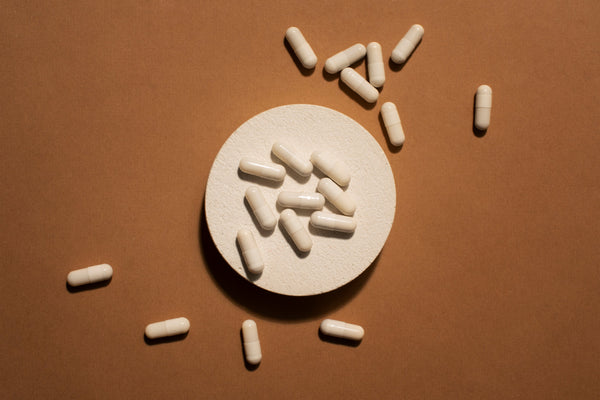


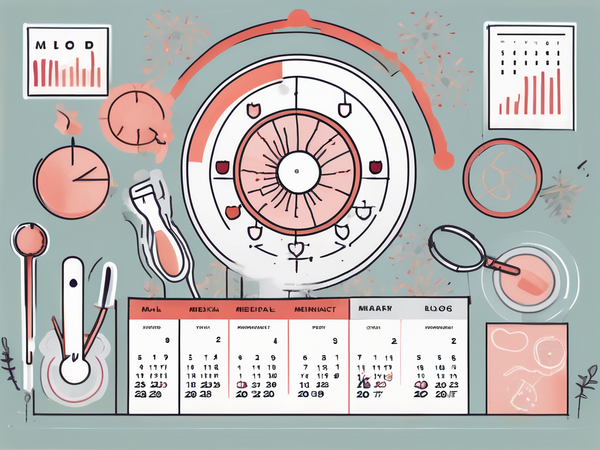
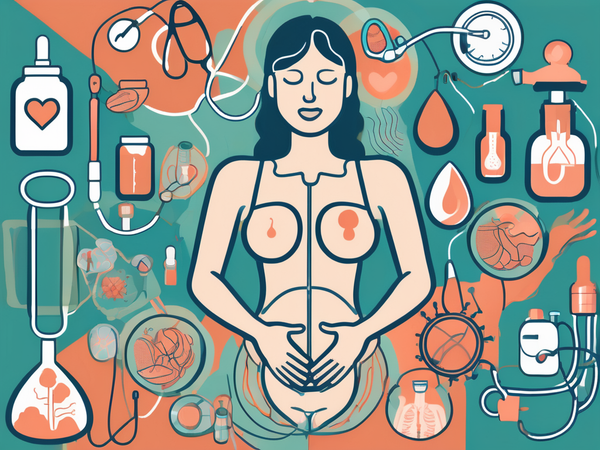

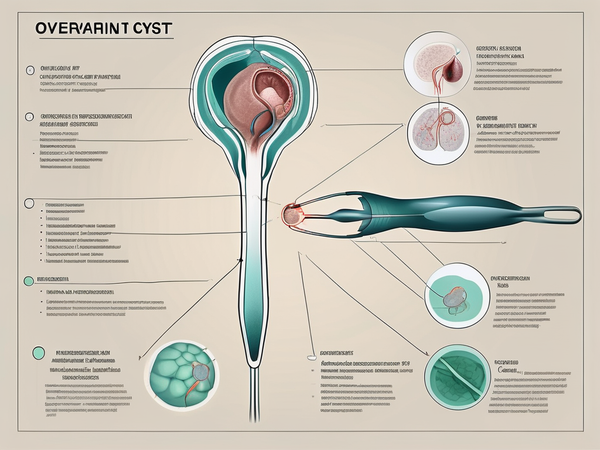
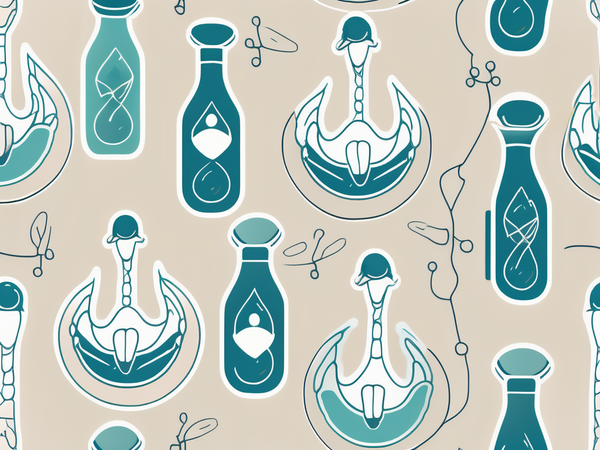
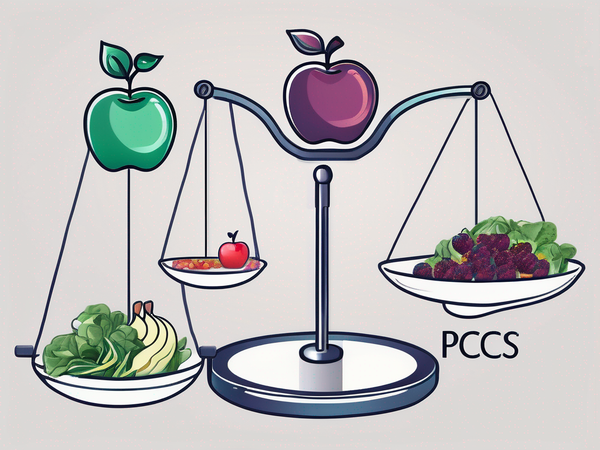






 DOWNLOAD NOW
DOWNLOAD NOW
